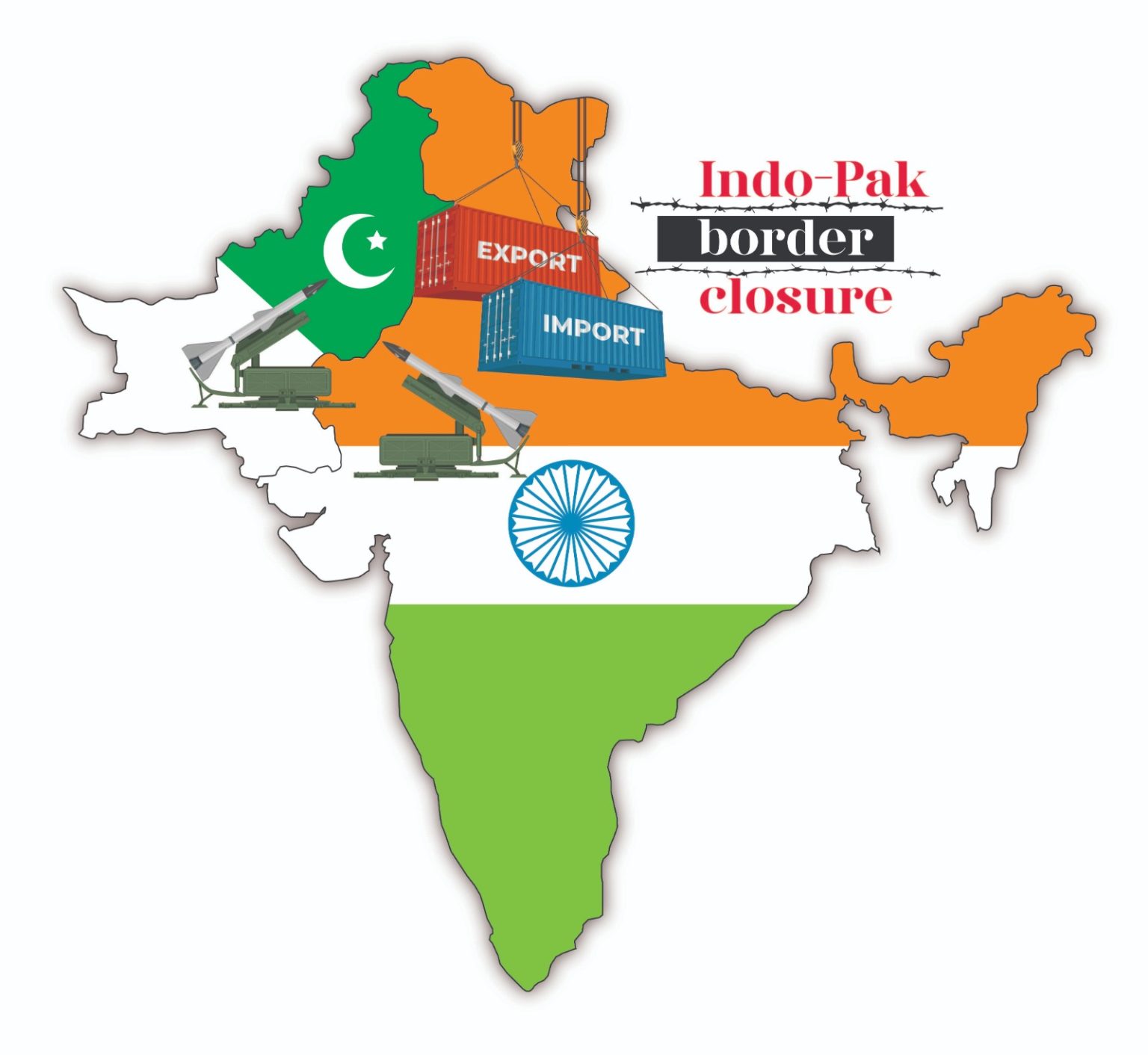Tensions between nuclear-armed South Asian rivals India and Pakistan reached a boiling point following last month’s deadly terrorist attack in Pahalgam.
As both sides escalate retaliatory actions, fears of a military confrontations loom large.
India swiftly blamed Pakistan for cross-border involvement, a charge Islamabad has firmly denied calling for an independent investigation, over the April 22 attack in Indian-administered Kashmir. The attack killed 26 people, mostly tourists.
Since then, both countries have exchanged a flurry of retaliatory measures that have heightened fears of intensified conflict.
In a significant development on Saturday, Pakistan conducted a successful training launch of the Abdali Weapon System, a surface-to-surface missile with a 450-kilometre range.
Pakistan’s military media wing stated that the launch was aimed at validating key technical parameters, including the missile’s advanced navigation and manoeuverability systems.
The launch, part of a military exercise named “Ex Indus”, was overseen by top officials from Pakistan’s Strategic Plans Division and Army Strategic Forces Command, along with scientists and engineers from strategic research institutions.
The test drew praise from Pakistan’s top leadership, including President Asif Ali Zardari and Prime Minister Shehbaz Sharif, who reaffirmed their confidence in the military’s deterrence capabilities.
Meanwhile, India responded with sweeping economic and diplomatic actions. The Directorate General of Foreign Trade (DGFT) issued an immediate ban on all imports originating from or transiting through Pakistan, citing “national security and public policy” concerns.
The Indian government has also suspended all categories of inbound mail and parcels from Pakistan via air and surface routes, according to the Indian media reports that referred to officials.
Amid rising hostilities, Pakistan claimed it had intelligence suggesting an Indian military incursion could occur, prompting heightened readiness among its armed forces.
India’s Prime Minister Narendra Modi already granted “operational freedom” to the military to determine its response strategy, fueling speculation about imminent strikes.
In response, Pakistan not only suspended all trade and diplomatic exchange with India, but also expelled Indian diplomats and closed its airspace to Indian carriers.
Islamabad however allowed 150 Afghan trucks carrying goods for India to pass through the Wagah border earlier this week, signaling limited humanitarian flexibility.


